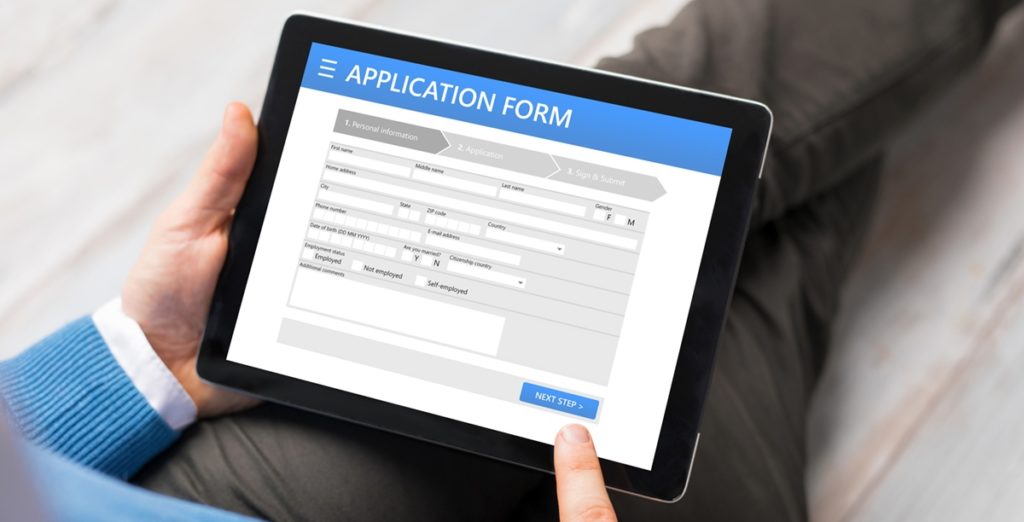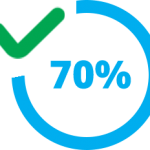
Italy, 15th June 2021
In regards to our recent news about the VAT exemption regime applicable to vessels chartering in Italy, the Italian Revenue Office (Agenzia Delle Entrate), according to the new Italian Budget Law 2021, has finally issued and released the necessary guidelines and declaration form to fulfill and file with electronical transmission.
The assigned number and details of the protocol attesting the successful transmission to the Revenue Office digital system must be kept on file and indicated in the invoices of the suppliers.
As a consequence of this, starting from 15th August 2021, the current procedure (the paper form to send to the Supplier) to obtain the VAT exemption will no longer be valid.
Please find below (also litsted into our DOWNLOAD area”) the Protocol RU-0151377 published on 15th June 2021 by The Italian Revenue Office along with the relevant guidelines.
Before executing the electronic transmission of the declaration form to the Italian Revenue Office, the owning company will need to perform the necessary calculation to confirm the +70% of trips at the international waters (high seas) as well as it needs to always keep the related evidences and documental proofs in case of any control or official audit (contracts, copy of the logbook, AIS data or data extracted from any other electronic on-board navigation, invoices and receipts) by the Authorities.
We point out that very strict penalties and sanctions are foreseen in the event of an official audit by the Italian Tax Authorities in the case that the owning company will not be able to demonstrate what has been declared. on this end, we strongly recommend to always keep on file for a minimum of 6 years all the necessary evidences confirming what it has been declared to the tax Authority on the electronic declaration form.
Yacht Welfare is at your disposal to provide further details.
Please feel free to contact us for more info and questions: info@yachtwelfare.it
